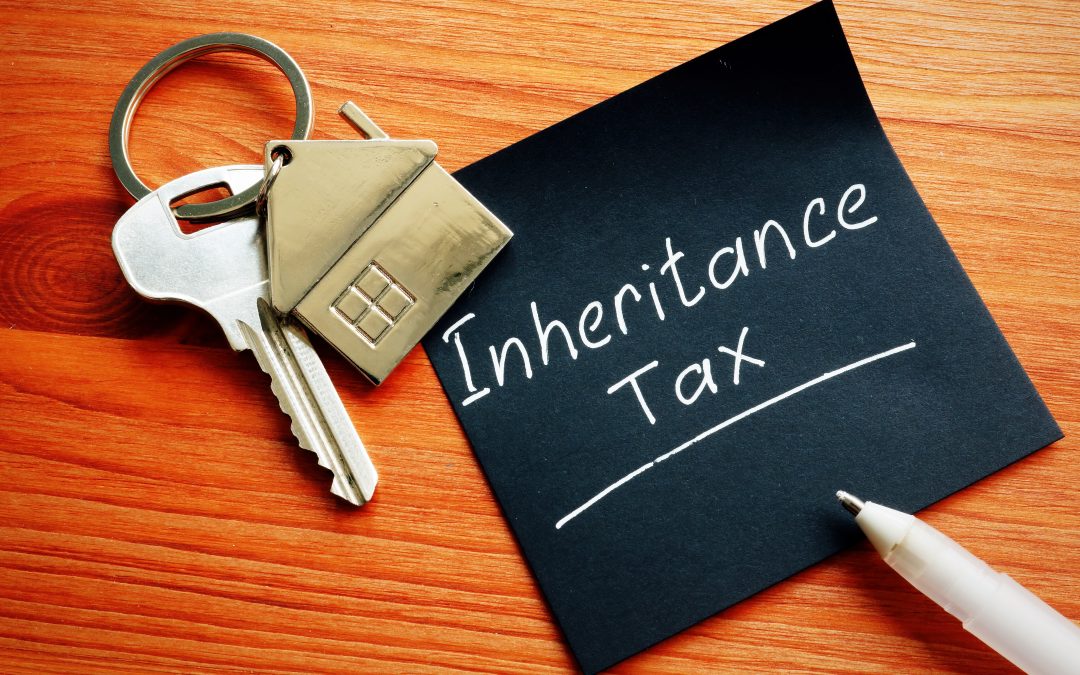Featured Post
Do I Owe Pennsylvania Inheritance Tax?

One of the most common questions I’m asked when a loved one dies is “Do I have to pay inheritance tax?” The answer, almost always, is YES! The follow up question then asked is “EVEN IF I DON’T LIVE IN PENNSYLVANIA?”. Unfortunately, the answer still is YES! Then there’s “Even if I didn’t inherit a lot of money?”. Again, yes! Pennsylvania does not discriminate against the amount you inherit.
As a tax attorney, whenever I’m helping my clients with estate planning or working with the executor and beneficiaries of an estate, the explanation of Pennsylvania Inheritance Tax is always one of top priority. See, the PA Inheritance Tax is a Transfer Tax. It’s different from the other taxes which you regularly pay. A transfer tax is a tax charged when a Decedent dies and leaves an asset, or an interest in an asset, to another. If you have ever purchased real estate or a vehicle, you have paid transfer tax. In order for there to be clean title, the tax MUST be paid.
The tax is incurred regardless of whether the transfer is through a Last Will and Testament, beneficiary designation, through a revocable living trust or a payable on death account. The tax is triggered when one person dies who owned or controlled an asset, and the asset then passed to someone else.
More than just paying the tax, you must know which Pennsylvania tax forms to use. If the Decedent was a Pennsylvania resident, the executor must file a PA Form Rev-1500 within 9 months of the date of death. If the tax is paid within this period, interest will not accrue. Even better, if an estimated payment is made within 3 months of death, a 5% discount will be applied to the tax due. But, if the payment arrives after 9 months, interest will be charged on a daily basis and Pennsylvania has the right to assess a penalty. However, if the Decedent was a non-Pennsylvania resident, but owned real estate in Pennsylvania, the executor must file a PA Form Rev-1737. The same timeframe when it comes to filing applies for a resident Decedent.
Unlike most other states, the Inheritance Tax rates are not the same for every beneficiary. The rates have been predetermined by the Commonwealth based upon the beneficiary’s relationship to the Decedent.
0% Tax Rate: Surviving spouses, charities and transfers to the government are exempt from the Pennsylvania Inheritance Tax.
4.5% Tax Rate: Transfers to grandparents, parents, descendants (which include adopted and step-descendants) are subject to a 4.5% inheritance tax. This group is known as “Class A.”
12% Tax Rate: Transfers to siblings, half-siblings by blood or adoption (but not stepsiblings) are subject to a 12% inheritance tax. This group is known as “Class A1”.
15% Tax Rate: Transfers to any person not mentioned above, such as close friends, neighbors or even long-term significant others are subject to a 15% inheritance tax. This group is known as “Class B.”
Unfortunately, if you are unmarried, no matter how long of a relationship you and the Decedent had, or if you lived together, or if you held yourself out as married, a gift to a non-spouse is taxed at 15%
The Pennsylvania Inheritance Tax has some exemptions such as life insurance (tax free!) and the Family Farm Exemption. For those who are not retaining a farming interest, there is hope: DEDUCTIONS. The Pennsylvania Inheritance Tax is based on the fair market value of the Decedent’s assets, but the gross number is reduced in two ways: estate expense deductions and deductions for the debts of the Decedent.
Deductions for Estate Expenses: The Pennsylvania Department of Revenue allows you to deduct expenses that were incurred while administrating the estate. Typical examples include the executor’s fees, the legal fees, filing fees, funeral expenses, tax preparation, etc.
Deductions for Debts of the Descendant: The Pennsylvania Department of Revenue also allows deductions for the deceased’s debts that the executor subsequently paid. Typical examples are utility bills, credit card bills, mortgage payments, loans as well as income tax payments to the IRS or the Department of Revenue.
The Probate Attorney typically prepares the Inheritance Tax Return. An accountant can prepare the return, but many accountants are unfamiliar with the return. A typical arrangement for an estate is that the accountant prepares the deceased’s final income tax returns while the probate lawyer files the inheritance and estate tax returns. The Attorney’s understanding of inheritance tax returns reduces the estate’s overall costs. An experienced probate team will be assembling and gathering the data necessary for the return. Collecting this information at the same time as the assets are more efficient.
As executor, you are responsible to make the payment. If you delay and interest or penalties are created, the beneficiaries may demand that you be held responsible. Your IRA is subject to the Pennsylvania Inheritance Tax, which can prove to be a tax trap. Will there be enough for the estate to cover the tax due? If an executor makes a distribution before paying the Inheritance Tax, he is making an “At Risk Distribution”. This means, the executor is giving the beneficiaries estate assets prior to all the creditors being paid. The executor is “At Risk”, because if the assets he keeps in the estate to pay creditors are not enough, he is responsible for the shortfall out of his own funds. The executor is “At Risk” of being personally liable. You should consult with an estate attorney before doing this.



